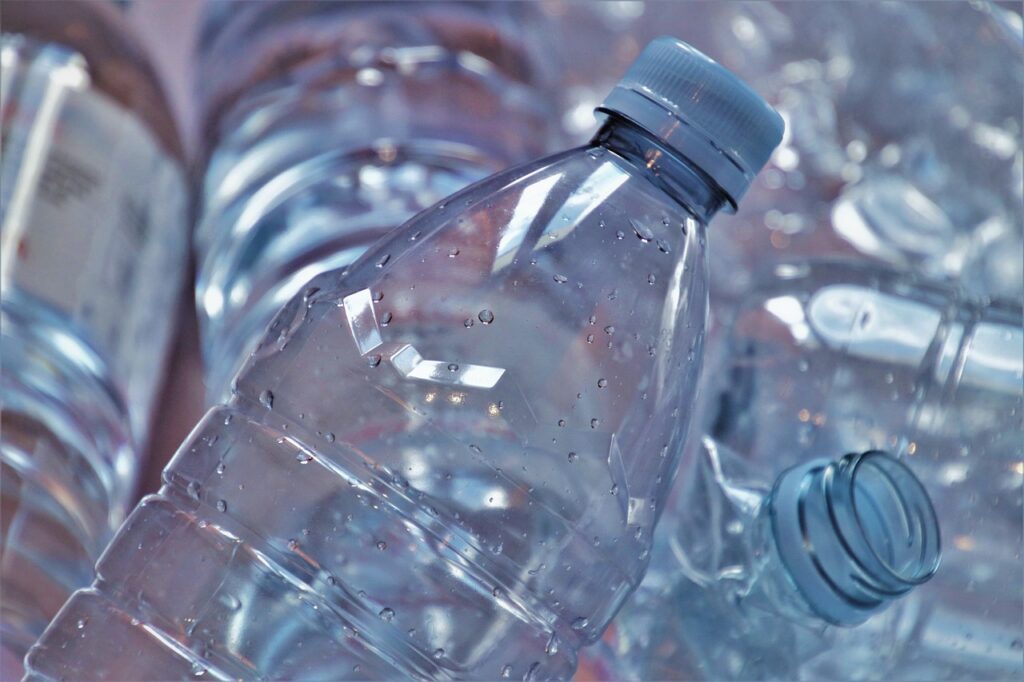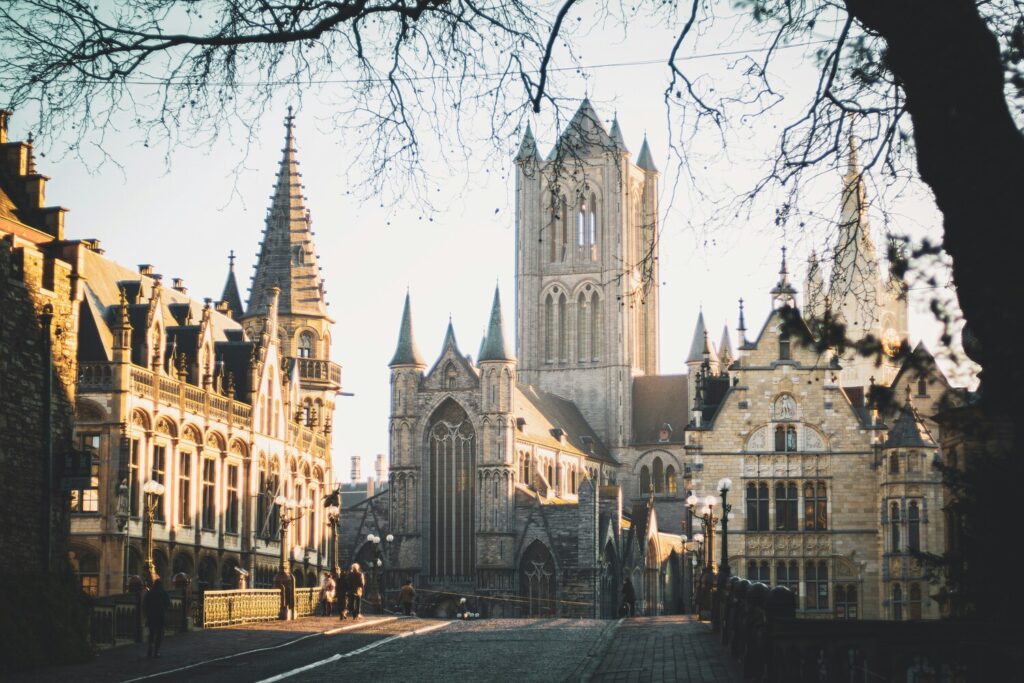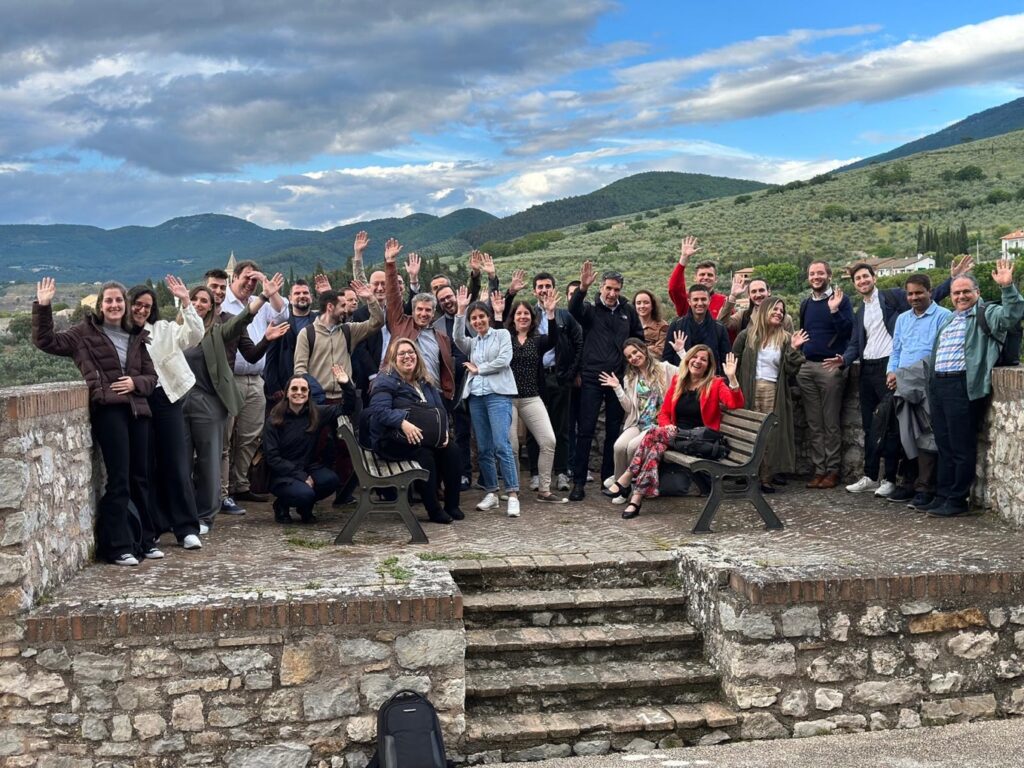With a budget of almost €20m, the new PLASTICE project has set out to close the plastic production loop by valuing plastic and textile mixtures.
Plastics are now a staple in our daily lives and a major source of garbage in our culture, but the family of materials known as plastics is very diverse. Each form of plastic is created with unique properties that make it perfect for the application for which it is intended.
Whatever their intended use, plastic materials are necessary resources that must be recycled at the end of their useful lives. Only when this is no longer technically possible and economically viable should they be valorised (for example, used as an energy source) rather than being discarded and dumped.
Enter PLASTICE. The four-year project will use chemical, instead of mechanical, recycling. This type of recycling can help to keep certain plastic waste out of landfills by providing a sustainable (technical or economical) alternative to mechanical recycling, which cannot treat damaged or contaminated plastics or mixed waste. Chemical recycling involves transforming the plastic waste’s chemical structure into shorter molecules that can be used as a starting point for new chemical reactions, such as polymerisation, or as a component in other chemical processes.
Specifically, PLASTICE will create three valorisation routes and apply them at three demonstration sites. These places cover various post-consumer waste mix types and provide sustainable feedstock for the production of new plastics and other high-value products of industrial interest.
The valorisation routes are:
- Thermochemical processing (i.e. Microwave-assisted pyrolysis and hydrothermal liquefaction) of polyolefins (PE, PP and PS) to obtain high quality synthetic oils that will be further upgraded up to a suitable feedstock for the production of olefines.
- Gasification of Solid Recovery Fuels (SRF) towards syngas, combined with a chemical conversion with ZEB process to produce dimethyl ether (DME) and olefins.
- Enzymatic breakdown processes of recycled textiles (cotton, PET and other waste textile mixtures) to obtain MEG, PET and PTA.
The project is funded by the European Union and coordinated by Spanish research foundation CIRCE – Centro Tecnológico in Zaragoza. Its kick off in June gathered a 25-strong consortium from academia, industry, research and technology institutes from Austria, Belgium, France, Greece, Italy, Spain, The Netherlands and Turkey.
28 June 2022



